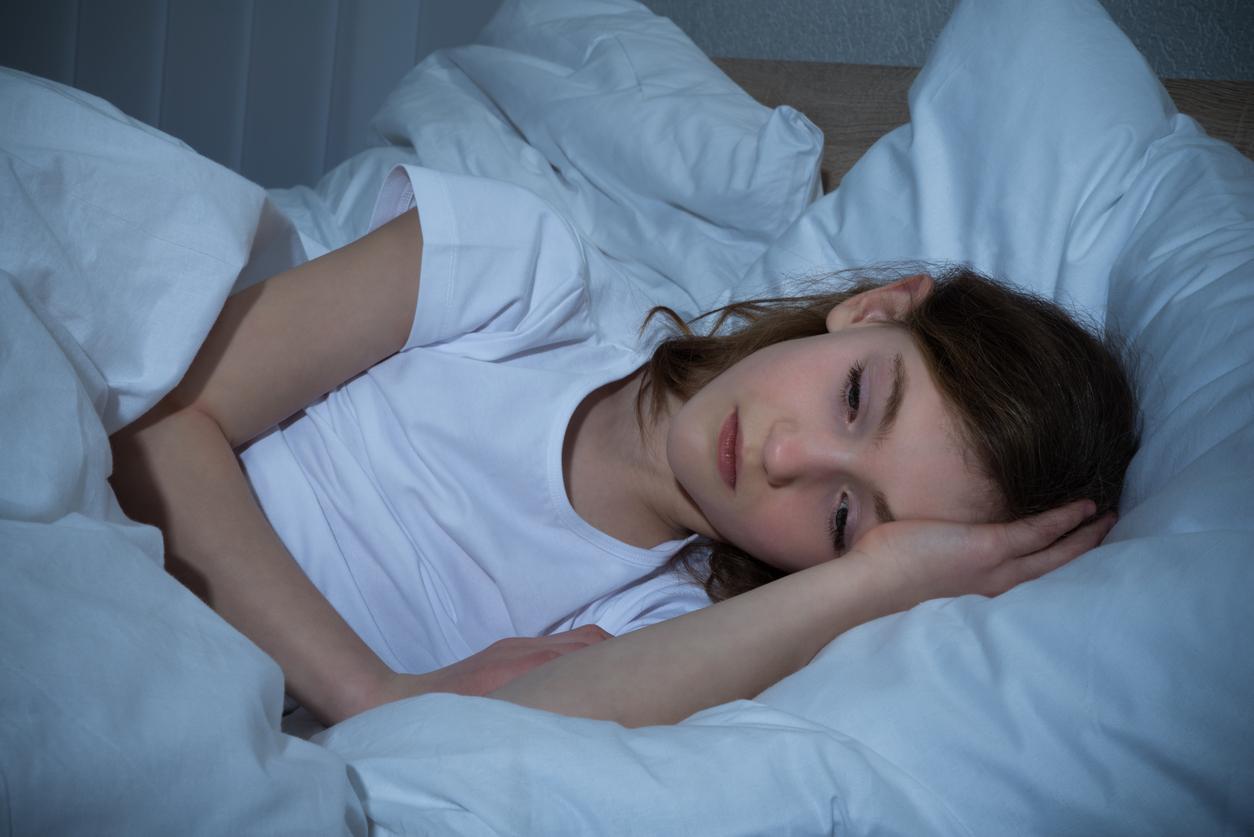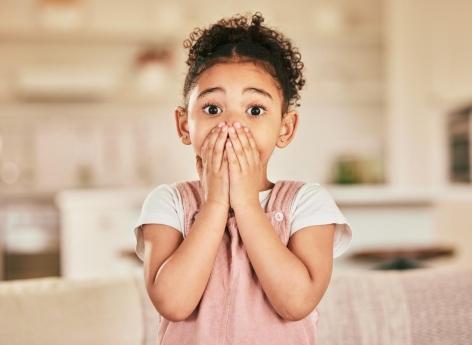Weighted blankets do not improve sleep in children with a history of abuse.

- Sleeping well is essential to good health.
- Very fashionable, weighted blankets allow, according to their manufacturers, to improve sleep.
- A new survey has nevertheless shown that this product has no positive impact on the nights of children who have been mistreated.
While many children who have been abused in the past sleep poorly, it seems according to a new investigation that weighted blankets are not a good option to solve this problem.
The popularity of weighted blankets has skyrocketed in recent years, largely due to the idea that the pressure they put on the body induces relaxation and calmness that helps you fall asleep.
Yet very little research has examined these claims. And in fact, the question of whether weighted blankets could improve the sleep of children in foster care has never been studied until now.
Sleep: children in care often suffer from problems
Even after adoption, a large proportion of foster children have persistent sleep problems, including difficulty falling asleep, nighttime awakenings, nightmares, and parasomnias.
“Childhood maltreatment can lead to sleep problems through multiple pathways, including hyperarousal of stress response systems or increased feelings of fear and insecurity during the night,” explains study director Candice A. Alfano.
His work, just published in the Journal of Clinical Sleep Medicine, focused on 30 children aged 6 to 15 years old. All had been adopted from foster families in Texas. They were asked to use a weighted blanket for two weeks and their regular blanket for another two weeks. Sleep was monitored continuously for one month using diaries and actigraphs.
Sleep of abused children: no variable influenced by the weighted blanket
“We were somewhat surprised to find no differences in objective or subjective variables based on coverage type, including total sleep time, sleep onset latency, minutes awake after falling asleep, or evaluations of the quality of the nights”, indicates the author of the research. “We also looked at whether the child’s age, gender or history of maltreatment could have influenced the results, but no such effects were found“, she adds.
“Children who have a history of maltreatment are a very diverse sociological group, so further well-controlled studies using larger samples are still needed,” she also declares.
The essay was co-authored by students Anthony B. Cifre and Alyssa Vieira.
Having good quality sleep and getting enough sleep are two essential elements if we want to be and stay healthy.
















